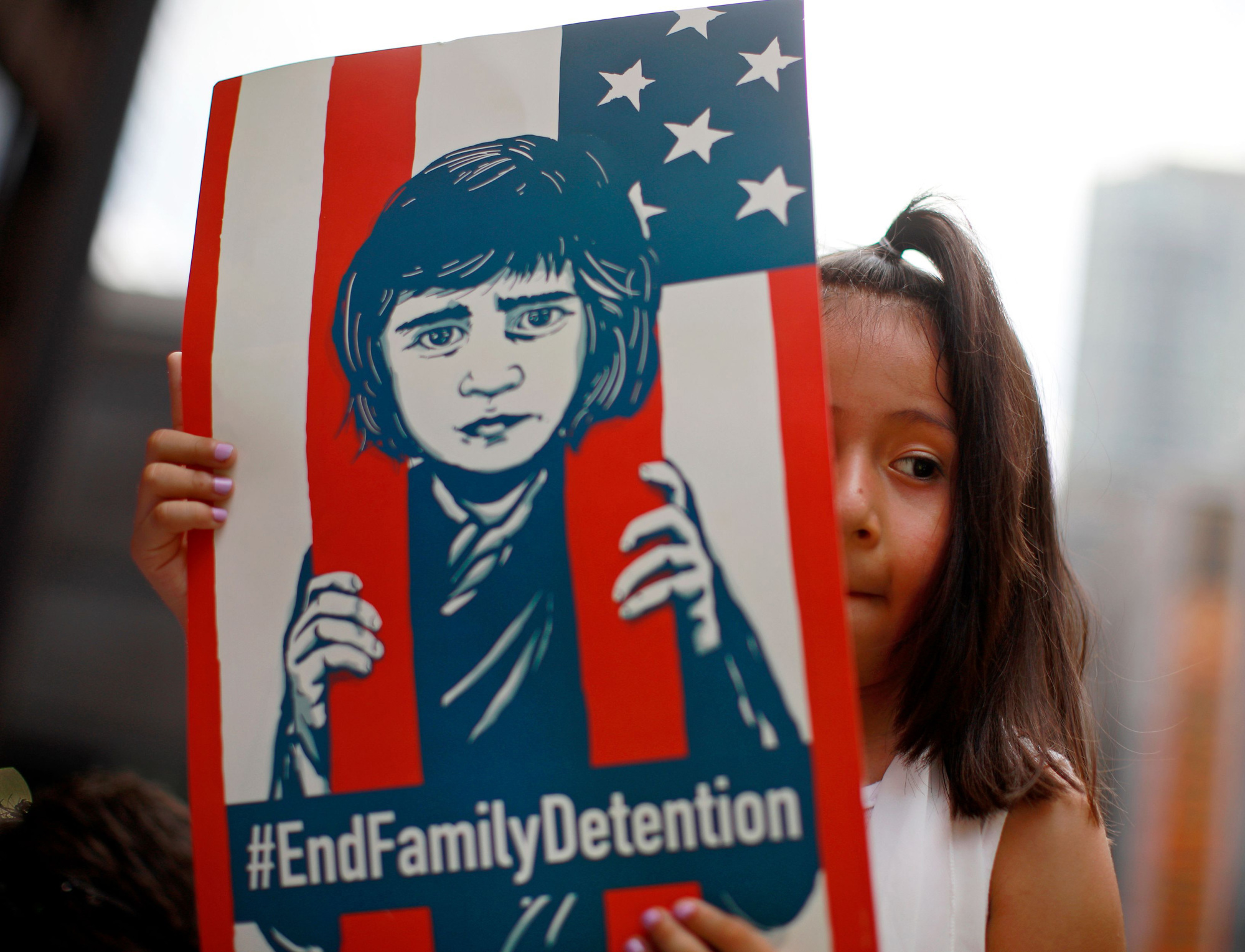These are troubling times for human rights activists.
For 27 years I’ve been writing about civil, political and human rights for non-Japanese (NJ) and other minorities in Japan. And I’ve never been more confused.
Not least because the United States, the putative paragon of human rights, has been flouting them.

















With your current subscription plan you can comment on stories. However, before writing your first comment, please create a display name in the Profile section of your subscriber account page.